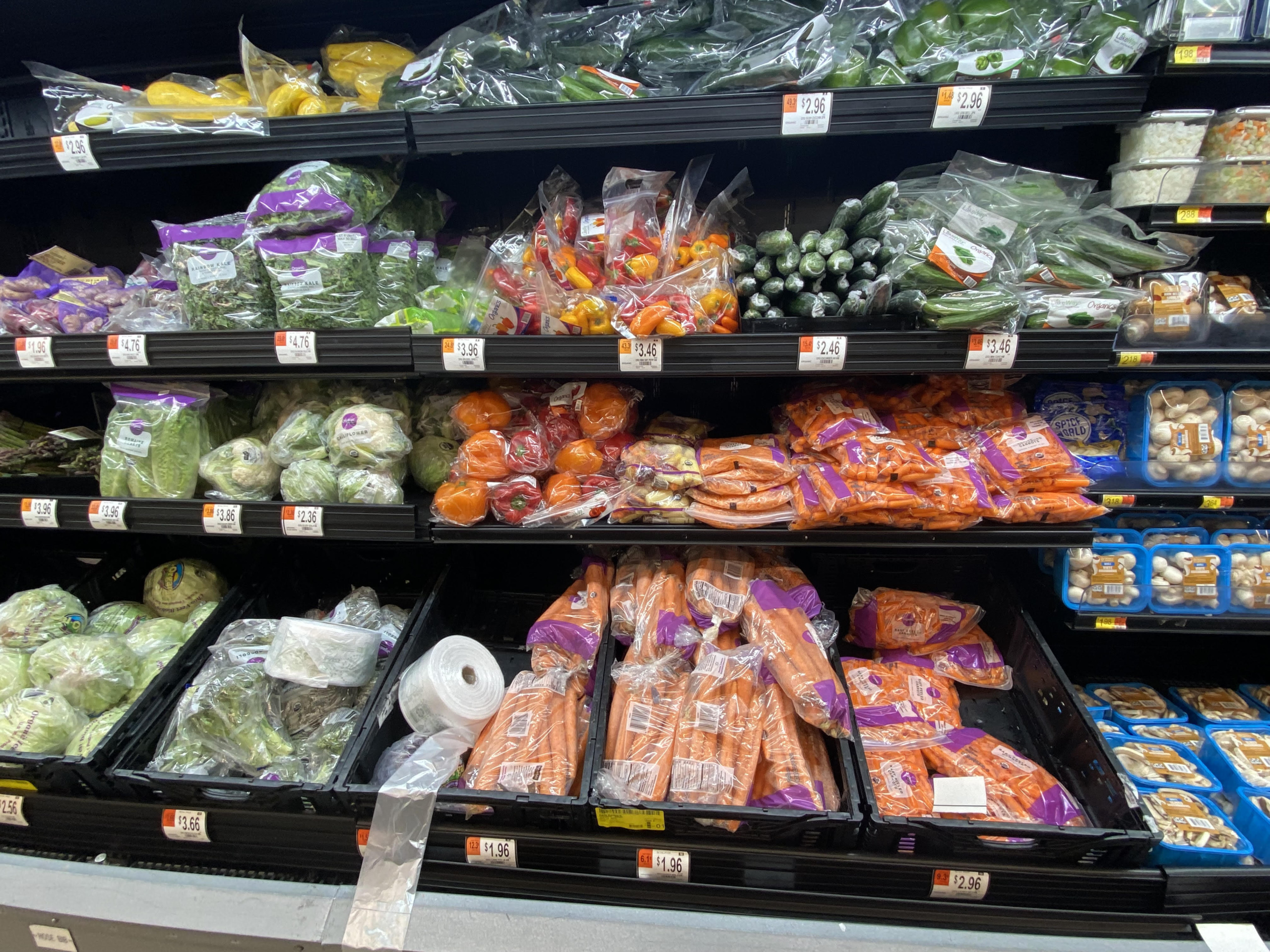A Year Without River Cleanups
How a system built on cleaning up our messes is designed to fail
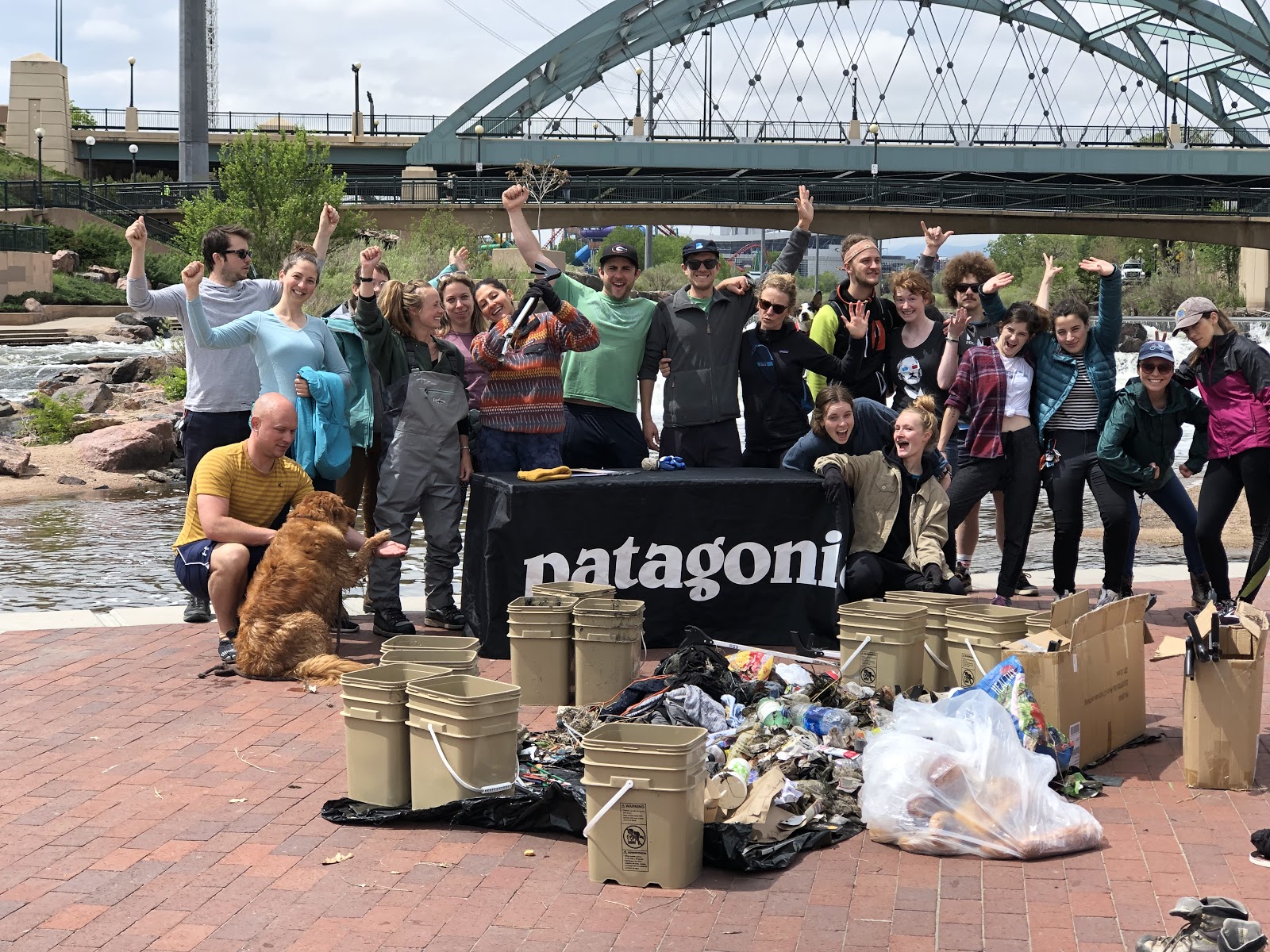
Usually about this time of year, on certain Sunday mornings, I’d be putting on sunscreen and a pair of sturdy boots. I’d take the Cherry Creek bike path through Denver up to Confluence Park, where Cherry Creek and the South Platte River meet. From the bike racks above the river, I’d see a tent with stacks of buckets and trash pickers, where volunteers would be pulling on gloves to get ready for a river cleanup.
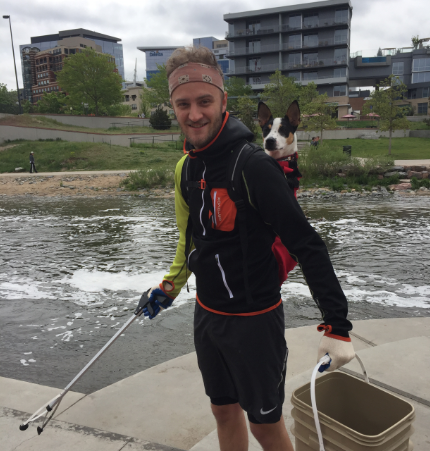
River cleaners come in all shapes and sizes. Photo credit: Graham Marema
Before the pandemic, Environment Colorado and Patagonia used to host these river cleanups once a month in the summer. I loved them. I loved starting the day by being outside with my friends. I loved seeing how many people showed up each month. There were always dozens of cheerful volunteers chatting as they selected their buckets. And I loved that by the end of the morning, I could see the tangible impact I’d had on my local environment. It’s a rare satisfaction to be able to measure the change you’re making in pounds.
One of my favorite memories from these cleanups was when a group of kids wrestled a traffic cone out of the mud and hoisted it above their heads as they waded out of the river like they’d beheaded a giant.
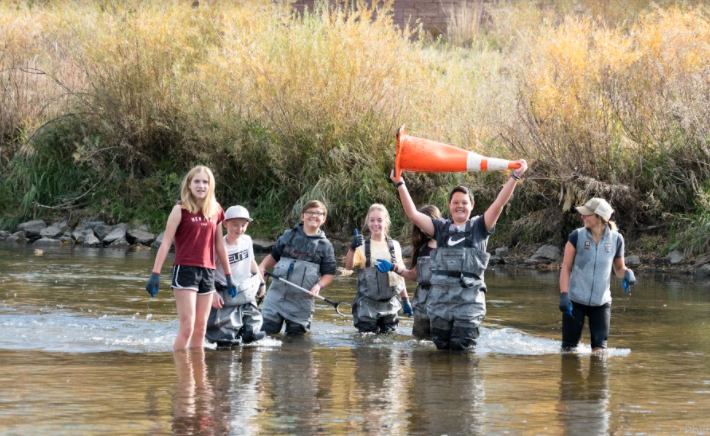
The champions of the South Platte River. Photo credit: Phil Huffeldt, the Wool Hat Creactive
Of course, there’s something disturbing about a river cleanup too. In the back of my mind, as I stretched my trash picker into the water to disentangle plastic trash from the rocks, I felt discouraged that this garbage had ended up here in the first place — and a gnawing worry that if we didn’t have volunteers hunting through the banks, this trash would stay here forever, or flow downstream into the ocean.
We’ve now gone a year without river cleanups, at least the same kinds we used to do. We’ve had to be more creative in cleaning up our waterways during the pandemic, like cleaners showing up individually and recording what they find, but things look very different than they did on those Sunday mornings. That means a whole year of a lot of trash going uncollected — foam cups and plastic straws, water bottles and traffic cones, ensnaring along our banks, getting consumed by wildlife and entering larger bodies of water downstream. At one cleanup with a particularly high turnout, we collected 685 pounds of trash. Now, I think about the 685 pounds of trash that we didn’t collect while we were quarantined this year — and all the rest of the trash, too.
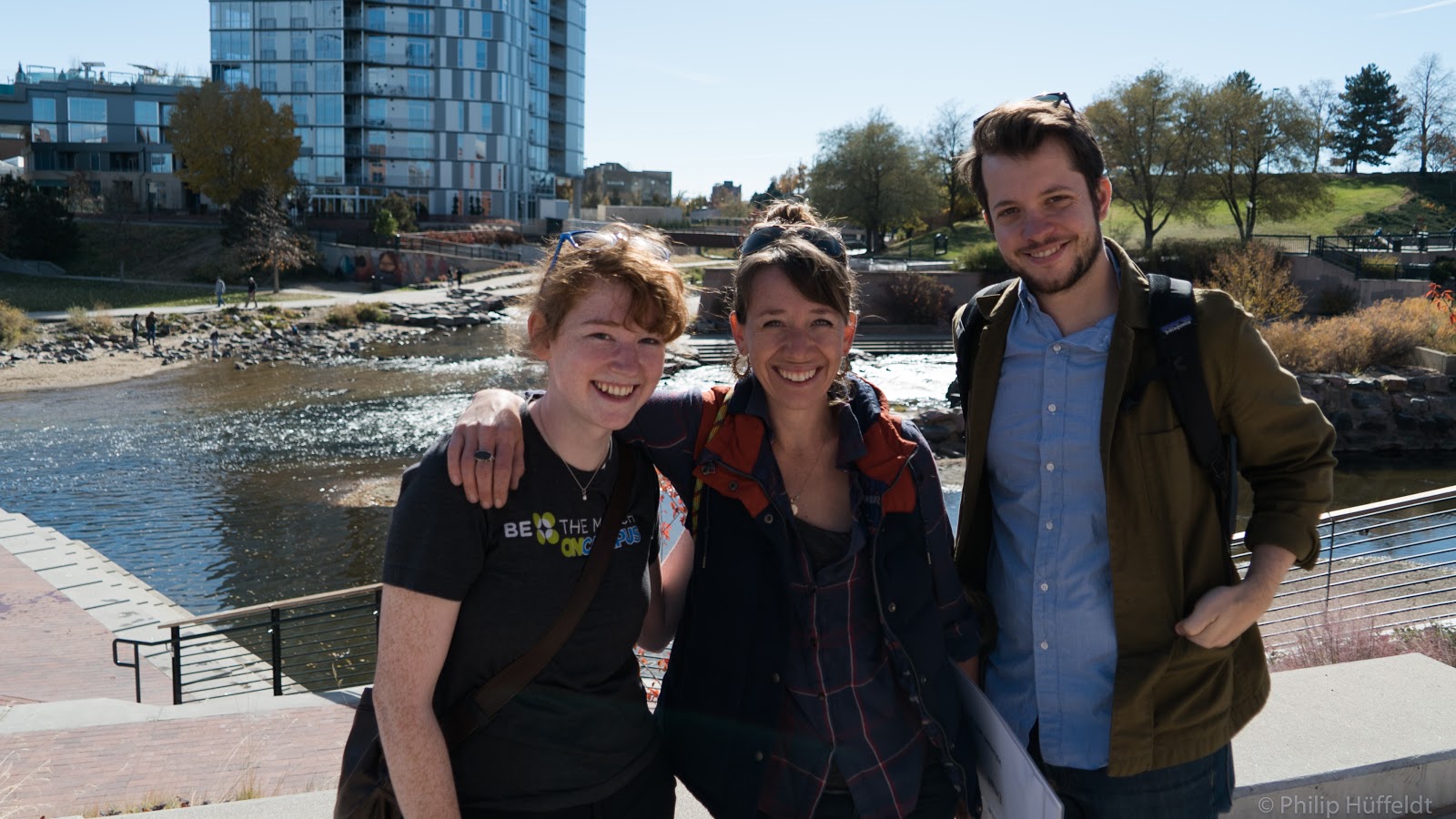
The author on the left with two fellow river cleaners: Clean Water Network Coordinator Kristine Oblock and Zero Waste Program Director with U.S. PIRG Alex Truelove. Photo credit: Phil Huffeldt, the Wool Hat Creactive
But the truth is, we shouldn’t have to rely on a system that necessitates a cleanup. We create stuff we often use for five minutes and then we discard it — just in time for volunteers to pick as much of it out of the river as they can the next week. That’s a system designed to fail.
We can and should show up to clean our local environments. But we can and should also rethink that system entirely.
That’s why there is a growing worldwide movement to turn off the tap and stop producing so much plastic and disposable stuff in the first place. Here in the United States, 11 states have now passed bans on some of the worst forms of single-use plastics, such as foam takeout containers and plastic bags. But we can and must do much, much more. Every day we produce tons of plastic products that enter our environment and take years to biodegrade — if they ever do. This means our plastic problem is piling up faster than we can clean it.
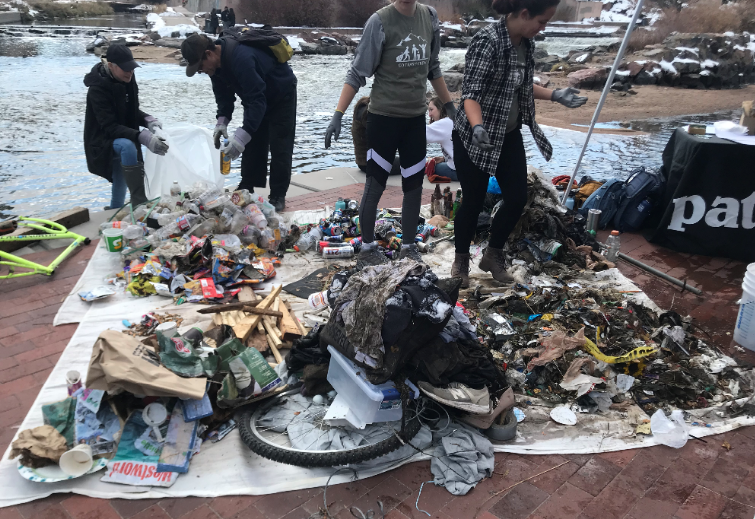
At our cleanups, we uncovered everything from plastic water bottles to Halloween decorations to mixed CDs to entire bicycles. Photo credit: Phil Huffeldt, the Wool Hat Creactive
I’m looking forward to safely returning to river cleanups someday soon. I have my sunscreen and boots ready to go. I know I can’t catch every single piece of trash, but there’s something simple and satisfying about arriving at the South Platte River on a Sunday morning and seeing all the people who showed up ready to do what they can. A river cleanup makes you feel that change is possible, and that you’re part of the solution. It helps that by the end of it, you can stand back and look at exactly what kind of impact you had.
But I’m also excited that in my day job, I can advocate for policies that rethink our waste system overall. We work daily to get rid of foam takeout containers, plastic bags and other single-use items that end up tangled in the weeds at Confluence Park. Hopefully one day, we’ll be able to skip the river cleanup entirely and enjoy our waterways free of trash.
Title photo credit: Phil Huffeldt, the Wool Hat Creactive
If you share my vision for a world without waste, take action
Topics
Authors
Graham Marema
Find Out More
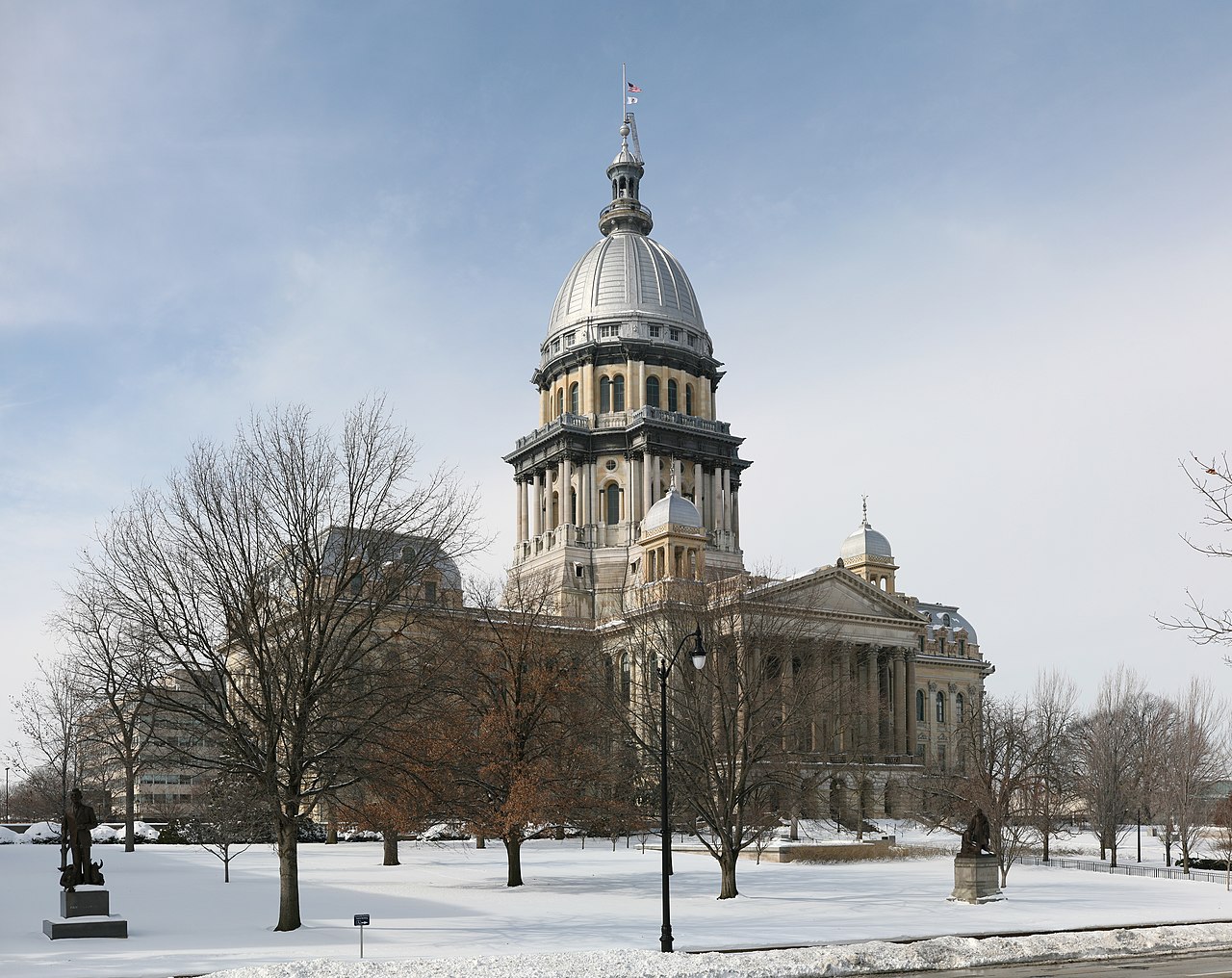
Our 2024 priorities in the states
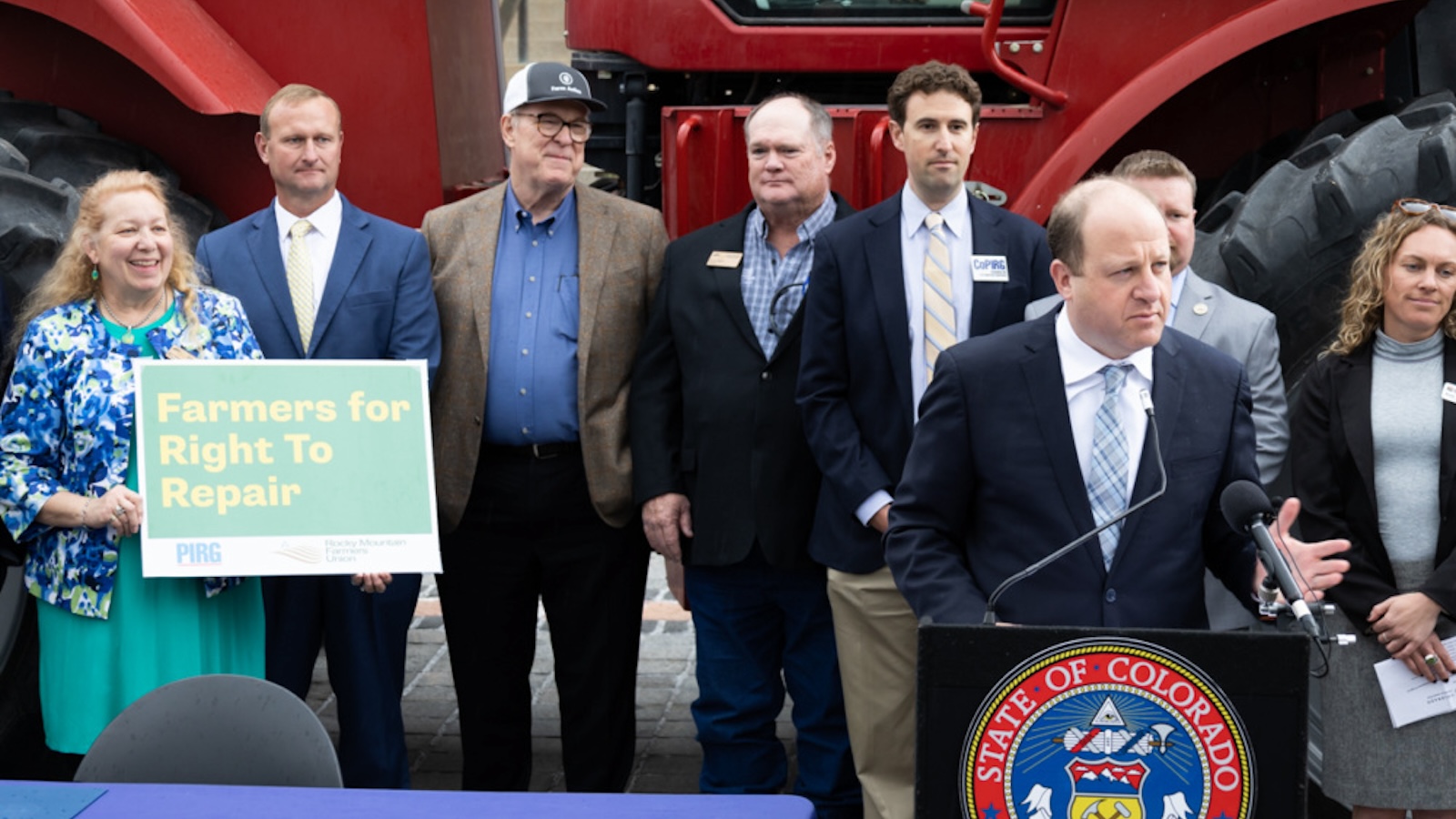
Celebrating new protections taking effect in 2024
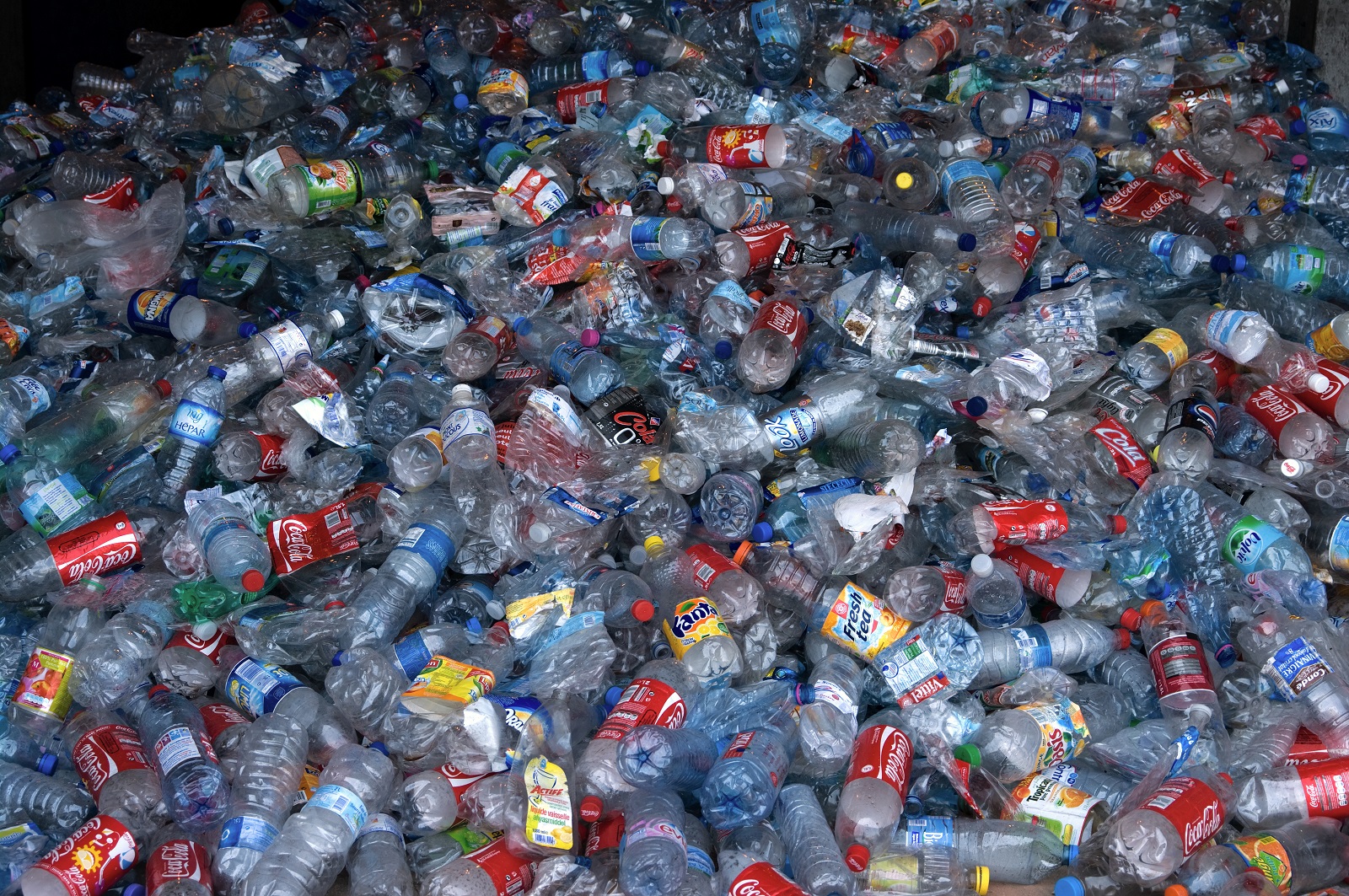
Coca-Cola should commit to refillable and reusable bottles
